SUMMARY
This is AI generated summarization, which may have errors. For context, always refer to the full article.
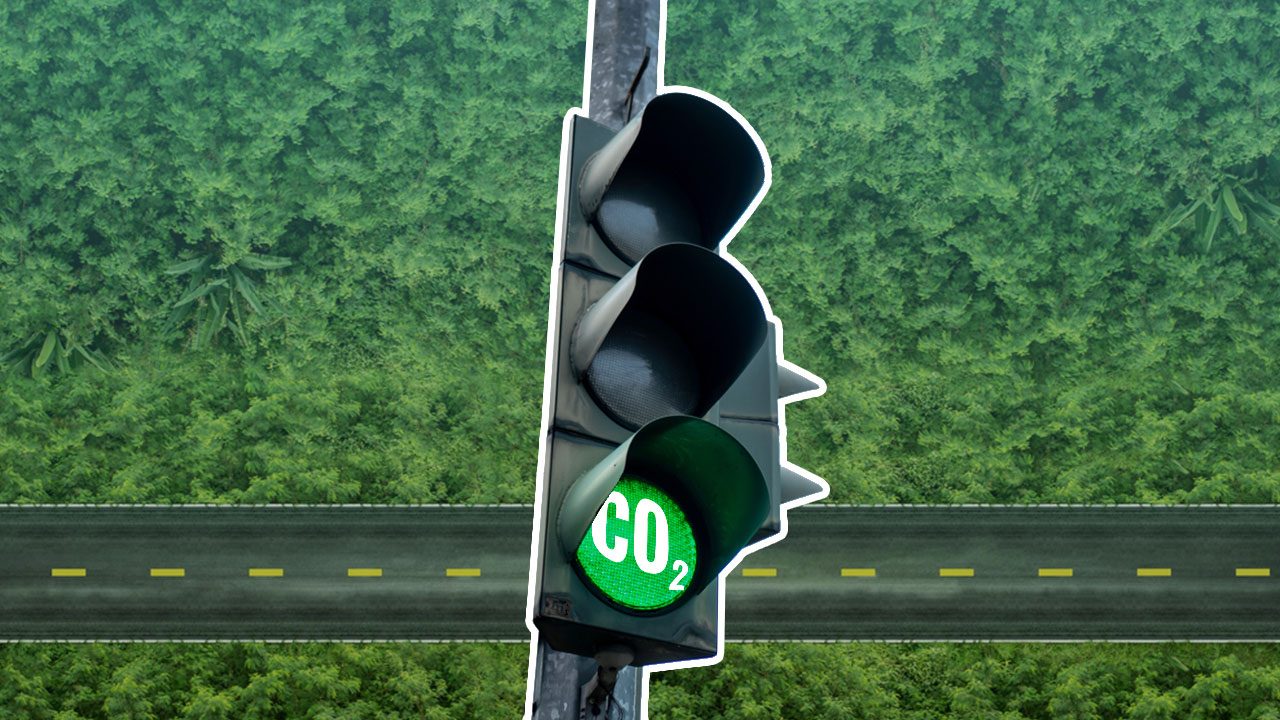
It is impossible to solve the climate crisis without addressing its root cause: the pollution being emitted into our environment. This pollution, in the form of greenhouse gases (GHG) such as carbon dioxide (CO2), is largely produced from burning fossil fuels, such as coal and natural gas.
Yet with recent reports showing that not even the COVID-19 pandemic was enough to reverse the trend of growing GHG emissions, the urgency of mitigating climate change has never been more apparent. All sectors of society must contribute to solve this global crisis, including forging collaborative pathways for a decarbonized and regenerative future.
It is through this mission that the Energy Development Corporation (EDC) established the Net-Zero Carbon Alliance (NZCA), the Philippines’ first private sector-led movement towards carbon neutrality. Also known as “net-zero emissions,” this is the state when a company’s own GHG emissions is balanced by the same amount it removes from the atmosphere.
“By getting Philippine entities to work towards their own carbon neutrality in their operations, they also become a part of our country’s solution to climate change,” said Allan Barcena, NZCA executive director and EDC assistant vice president.
Seeds of net-zero
The NZCA – launched in September 2021 with six initial partners – is the first initiative of its kind in the Philippines, a response to the challenge for businesses to lead in addressing global warming and climate change. Corporations are cited as among the highest emitters of all GHGs – a major factor for the world warming by more than 1 degree Celsius as of the recent decade.
Despite the growing awareness on the impact of the climate crisis, many companies have had difficulties transitioning their portfolios and business models toward cleaner energy sources out of fear of losing profits, especially in competitive markets. In contrast, Barcena said that the strategies of EDC, a local renewable energy (RE) leader, have allowed it to absorb more carbon dioxide than what it emits.
“It is high time for them to reverse the impact of these operations from negative to positive in order to be a part of the solution to climate change not only for the sake of our planet and future generations,” he added.
The NZCA aims to aid its partners in determining their own strategies to avoid or reduce their own CO2 emissions depending on their company’s capabilities and readiness. It promotes increased use of RE and energy efficiency as among its main actions. For emissions that cannot be avoided can be offset, it recommends protecting and restoring forests, which can remove CO2 from the atmosphere.
Transitioning to carbon neutrality is a long-term difficult process, especially with the current political and financial climate at the global and national levels still allowing a potential expansion of fossil fuels. Nonetheless, EDC believes this transition is not an option but a necessity for businesses to survive and thrive against the climate crisis.
“Every single industry today will be affected by the need to reduce carbon dioxide emissions. Taking the necessary actions that prepare ourselves and the country for these massive shifts in how the world works will be worthwhile investments with immeasurable returns,” said EDC chairman and CEO Federico Lopez.
Growing pains
Nearly a year since its formation, the network has been able to strengthen relationships among its pioneer partners, including Arthaland, Drink Communications, First Balfour, Knowles, Silliman University, and Unilever. It has also developed a common action framework, which allows current and potential partners to plan and implement their own mitigation programs while providing support for other partners when necessary.
On the other hand, EDC sees as its biggest challenge finding more partners, as it initially chose to work with companies willing to commit to become carbon-neutral on or before 2050. Another matter to be addressed is ensuring that the partners’ mitigation strategies are aligned with the NZCA’s purpose and commitment in developing the common action framework.
In response to criticisms of greenwashing, Barcena said that the network is serious about backing up its commitment to being environmentally responsible with concrete actions or accomplishments. He referred to this as “greenwalking,” or “walking the talk by taking actual and concrete steps to protect the environment, and making it part of the partners’ business operations.”
The NZCA is also striving for its actions to factor into the Philippines’ actions to reduce its carbon emissions by 75% by 2030 – its target under the Nationally Determined Contributions to the Paris climate agreement. It hopes to formalize its partnership with the government through the Climate Change Commission, and find new ways to collaborate with other businesses and stakeholders.
Heading into its second year, NZCA plans to focus on increasing its visibility to get more partners that would also commit to being carbon-neutral.
“NZCA will continue to provide guidance on each aspect of the framework in order for them to effectively come up with sound and sustainable action plans and measures of success,” Barcena said. “We are working within a very narrow window, so it’s time for all of us to work together and act now.” – Rappler.com
John Leo is a climate and environment journalist since 2016. He has been representing Philippine civil society and the youth sector in regional and global UN conferences on climate and the environment since 2017.
Add a comment
How does this make you feel?
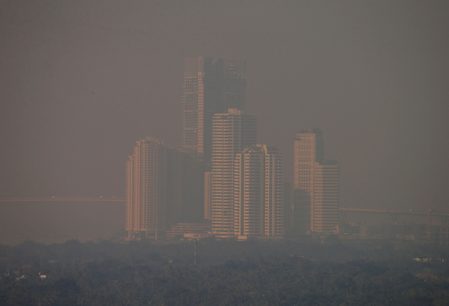
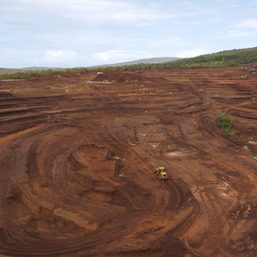
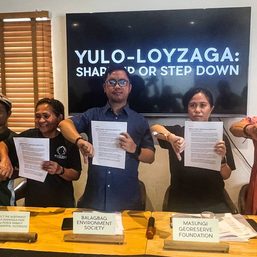

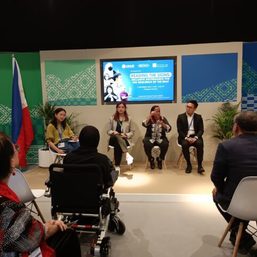

There are no comments yet. Add your comment to start the conversation.